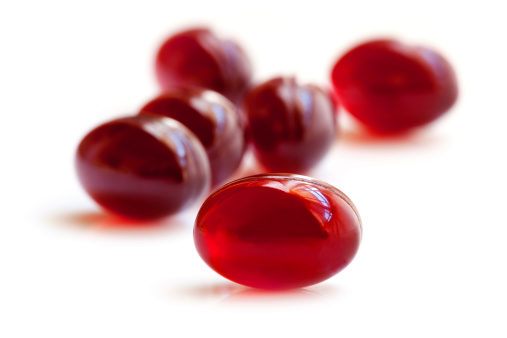The study was run within the public-private partnership ProLiver, a collaboration project made possible by Health-Holland.
Performed on mice, the study was intended to determine whether or not krill oil could impact obesity-related organ inflammation.
Obesity is characterized by metabolic overload of tissues and subsequent organ inflammation, caused by excessive intake of high-fat foods, leading to inflammation in white fat tissue and the liver. Chronic inflammation can contribute to the development of insulin resistance, liver steatosis, and metabolic syndrome. Krill oil is rich in phospholipids and has a high content of omega-3 fatty acids, lipids that can act as direct inflammatory modulators.
Related: Aker BioMarine Launches 2030 Sustainability Goals Aker BioMarine Launches Circular Company New Research to Investigate Impact of LPC-Bound EPA/DHA on Alzheimer’s
The mice were fed a high-fat diet. The test group was supplemented with 3% sustainably sourced Antarctic krill oil from Aker BioMarine, while the control diet did not contain any krill oil. The findings include:- Krill oil positively affects fatty acid composition in blood, fat tissue, and liver
- Krill oil alters oxylipins in fat tissue and liver leading to an anti-inflammatory environment
- Krill oil suppresses inflammatory pathways in fat tissue and liver; anti-inflammatory effects appear more pronounced in fat tissue
- Krill oil helps the fat tissue to store fat more safely
The authors note in the study that the effects observed may be achievable with dietary regimens in humans as well.









